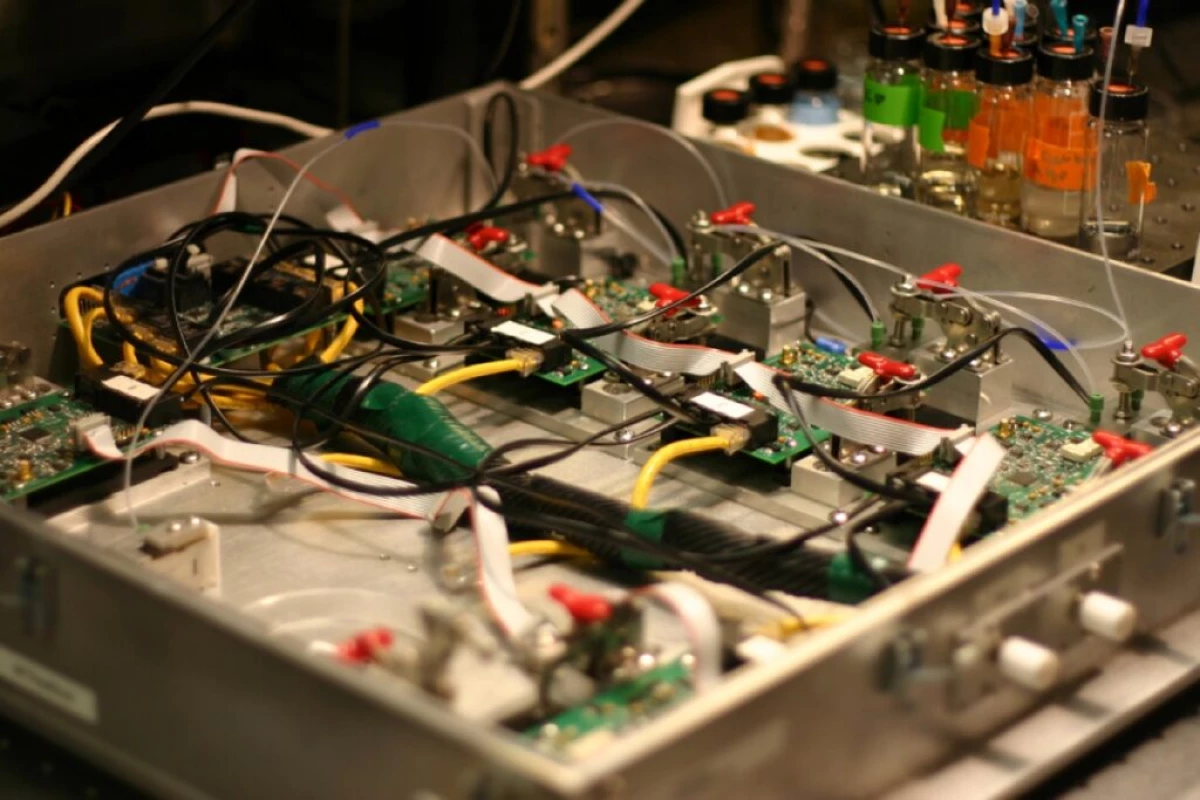The magnificent scent dogs allows them to be detected not only explosives and drugs, but also some diseases, including different types of cancer and even COVID-19. Unfortunately, the breeding and preparation of service dogs is the process of unprecedented, difficult and cheap. Therefore, scientists are trying to create a full-fledged automated replacement - "electronic nose" to detect a wide range of volatile substances.
Such a project also implements a team of scientists from the Massachusetts Institute of Technology (MIT) together with the British company Medical Detection Dogs. For several years of work, they have already created an unusual Nanonose device, which uses olfactory mammalian receptors associated with accurate electronics. The authors are confident that if you add them in advance by trained neural networks to recognize "smell profiles", these systems will even exceed the dogs.

In his new article published in the Plos One magazine, scientists presented the results of the system tests on prostate cancer patients and colon. 50 volunteers participated in experiments - both patients oncological clinics and healthy people. Samples of their urine were presented to trained dogs, as well as the "e-nose" Nanonose. The effectiveness turned out to be almost the same: both tools showed accuracy of 70-76 percent.
According to one of the project participants, Andreas Meshin (Andreas Mershin) from MIT, the detector itself is already "200 times more sensitive to the dog nose" in terms of abilities to notice the smallest concentrations of odorous substances. However, in order to interpret the received signal, Nanonose remains "stupid". "Dogs do not know chemistry," says Mershin. - The list of molecules appear in their head. And you, when you smell of coffee, do not see a list of names and concentrations, you are experiencing a holistic feeling. This is a feeling of the smell object and find dogs. "
That is why the focus of works were shifted to the improvement of artificial intelligence, which could process this data. And the first results presented in the new article were very encouraging. Having achieved a serious miniaturization of the detector, scientists plan to refine neural networks and finally, the compact device is "electronic nose", which can be equipped even smartphones.
Source: Naked Science
